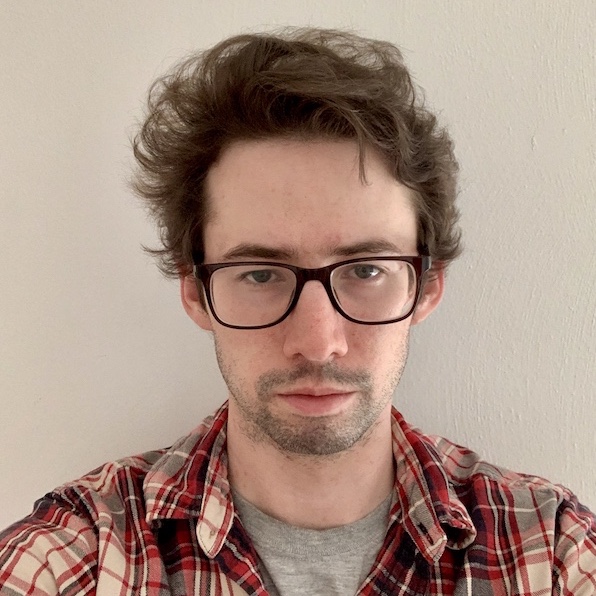Peter Raum
About
Hello and welcome to my website. My name is Peter Raum and I recently graduated with a PhD in physics from Virginia Tech. I am interested in theoretical and computational quantum many-body physics for strongly correlated systems. See the contact page or the sidebar icons to find me elsewhere on the internet.
Research Interests
Strongly correlated quantum systems
Strongly correlated quantum systems pose some of the most interesting and challenging problems to the field of quantum many-body physics. Interesting due to the novel phenomena (high-temperature superconductivity, fractional quantum Hall effect, and other exotic phases of matter) but challenging because analytical solutions are rare and numerical studies are difficult. Therefore, the field is heavily guided by numerical studies which are difficult but are achievable for small system sizes. So far my research has focused on the fractional quantum Hall effect, and the Hubbard model. Because correlations tend to be stronger in fewer dimensions I am mostly interested in one- and two- dimensional systems.
Computational physics
Since strongly correlated problems are so difficult to solve, a plethora of numerical methods and techniques have been invented to tackle them. I have a general interest in developing and applying new computational methods. So far I have used exact diagonalization (ED) extensively in all of my projects. While ED is limited to small system sizes due to the exponential scaling of the number of basis states needed, it can treat any model Hamiltonian. I am interested in extending ED results with the help of diagrammatic perturbation theory as is done with dynamical mean field theory. In the future, I want to get more involved with matrix product state based methods, such as density matrix renormalization group.
Quantum computing and cold atom physics
Because I am interested in both strongly correlated quantum systems and computational physics, it should be no surprise that I am also interested in quantum computing, particularly quantum simulators. Quantum computers are exciting because they represent a paradigm shift in computing. Some quantum algorithms have proven to be faster than their classical counterparts. A lot of research has gone into how to build quantum computers and what to do with them. Between the classical computer and the quantum computer lies the quantum simulator. Cold atomic gases can realize model Hamiltonians originally designed to capture strongly correlated condensed matter systems. By studying these cold atom system we can effectively simulate quantum many-body problems that classical computers cannot. Additionally, they are a perfect environment to test novel quantum field theories that are not currently observed in nature.
Recent Posts
Test Post
March 20, 2019
